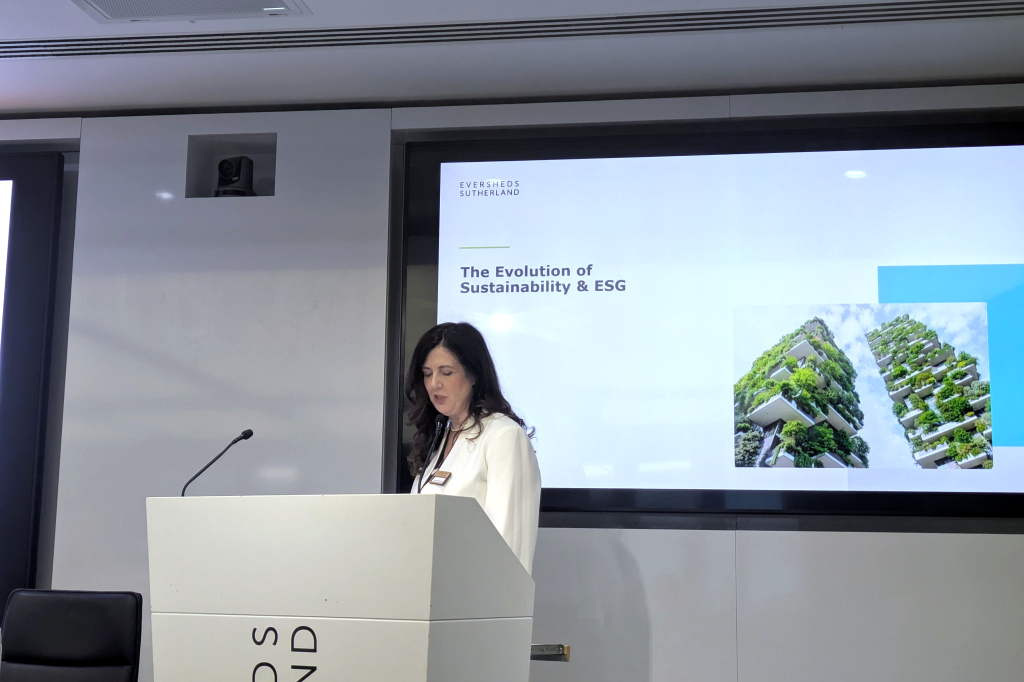In 2022, the FCA published its Policy Statement and associated guidance on what is widely considered to be its most high-profile initiative – the new Consumer Duty. The policy is designed with the retail consumer in mind and aims to regulate firms to provide better outcomes for those dealing with
The FCA
Register for free to keep reading
To continue reading this article and unlock full access to GRIP, register now. You’ll enjoy free access to all content until our subscription service launches in early 2026.
- Unlimited access to industry insights
- Stay on top of key rules and regulatory changes with our Rules Navigator
- Ad-free experience with no distractions
- Regular podcasts from trusted external experts
- Fresh compliance and regulatory content every day

![What [the heck] is going on with vaccine policy in America?](https://www.grip.globalrelay.com/wp-content/uploads/2026/02/G-Vaccine-signage-2259640793.jpg?w=1024)











